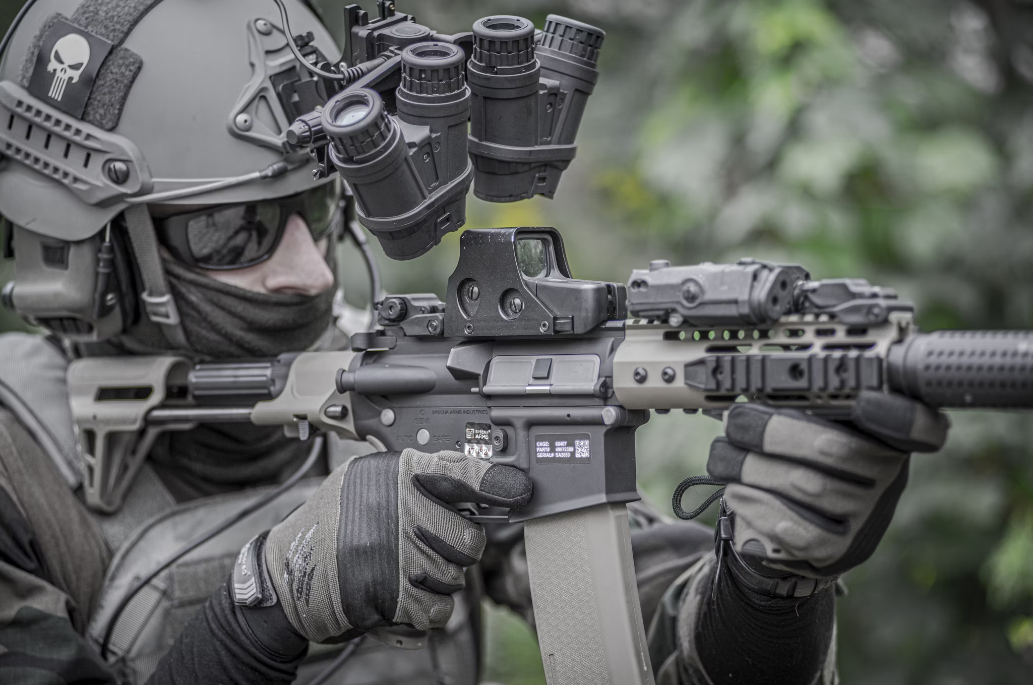Defense contractors are a vital part of the US national security infrastructure. As a result, it is essential to understand their finances and creditworthiness.
As a result of the government being their primary customer, most defense contractors have large fixed-price contracts. These contracts are well-suited to periods of low inflation.
The Development of Cutting-Edge Technologies
Defense contractors play a vital role in developing cutting-edge technologies. They create and sustain advanced weapons systems, establish and operate satellites that detect greenhouse gases, assist with climate preparedness and sustainability efforts, and produce the data that informs military operations and commercial applications.
The US government depends on these contractors to perform critical national security functions, and they are vital to the nation’s economy. Despite these essential benefits, the industry faces many challenges. Critics have raised significant concerns about the concentration of contracts among large firms, exorbitant prices for goods and services, fraud, and the “revolving door” between defense contractors and the government.
In addition, many defense companies are forced to set their prices based on cost estimates. These estimates are influenced by suppliers’ quotes, which can increase when contractors face inflationary pressures. Defense companies are also limited in their ability to pass on these rising costs to the government because they typically hold firm-fixed-price contracts.
The Enhancement of Military Preparedness
Defense contractors play a crucial role in maintaining readiness. They provide training, logistics services, and equipment to ensure that military units are equipped to meet their missions’ requirements and serve the nation’s interests.
Traditional defense contracting is a complex and highly regulated process. It is typically conducted under Cost Accounting Standards (CAS) contracts, governed by Federal Acquisition Regulations and the Department of Defense’s regulations. These contracts are often worth billions of dollars and cover the development of multi-billion dollar arsenals of weapons systems, aircraft, ships, and IT business systems.
In a time of soaring inflation and interest rates, firms face significant risk in their ability to pass along higher costs to their customers. Despite this risk, firm-fixed-price contracts, which account for most of the DOD’s contract obligations, are well-suited to periods of low inflation when input costs remain stable, and defense companies can manage their internal and external costs without raising prices.
The Enhancement of National Security
Defense contractors play a critical role in national security. They create jobs, provide research and development services, and produce various products for the military. Their work contributes to the United States’ economic growth and fosters international collaboration.
However, efforts to increase competition within the DIB have positively impacted DOD’s ability to innovate and deliver capabilities. This includes reducing reliance on a few dominant contractors and broadening the domestic defense industrial base.
The Enhancement of Economic Growth
The Department of Defense depends on private contractors to produce various goods, from jet engines and weapons to advanced technology and strategic consulting. But, while allegations of egregious contractor fraud surface frequently, there is little follow-through and a general lack of accountability that benefits major defense companies at the expense of taxpayers.
The unique needs of many defense programs require production processes, facilities, and specifications that diverge from those used in the commercial sector. The resulting pool of potential suppliers must be more significant to sustain competition. As a result, the market for these products tends to consolidate and be dominated by a few firms, imposing long-term sourcing commitments on the government.

